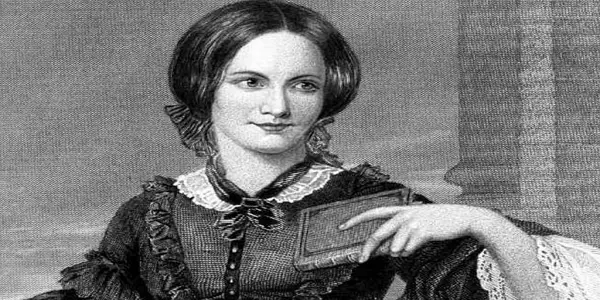

When Papa came home it was night and we were in bed, so next morning Branwell came to our door with a box of soldiers. Papa bought Branwell some soldiers at Leeds. In The History of the Year, her second oldest surviving manuscript, written in March 1829, she tells: She and her equally precocious younger siblings Branwell, Emily and Anne, had been producing “little books” since Charlotte was 11. Jane Eyre was Brontë’s first published novel, but not her first work of fiction. And they can seek to express them, with care and accuracy, in language. “Do you think, because I am poor, obscure, plain and little, I am soulless and heartless? You think wrong!” Jane Eyre declares to Rochester.Īnyone, these books assure us, however little else they may have, can hold on to the integrity of their feelings. They are not beautiful or rich (typically they must work to support themselves), yet they assert their right to a beautiful and rich interior life. Moreover, Brontë doesn’t give the impression that the eventual resolutions her heroines achieve are easily won, necessarily worth the sacrifice, or “universally acknowledged”.Īs biographer and scholar Juliet Barker has noted,Īll Charlotte’s heroines were orphans. The answers to such questions are not foreshadowed, and, scandalously for many of her first readers, they privilege principles of self-knowledge and self-expression over conventional Christian moralism.


 0 kommentar(er)
0 kommentar(er)
